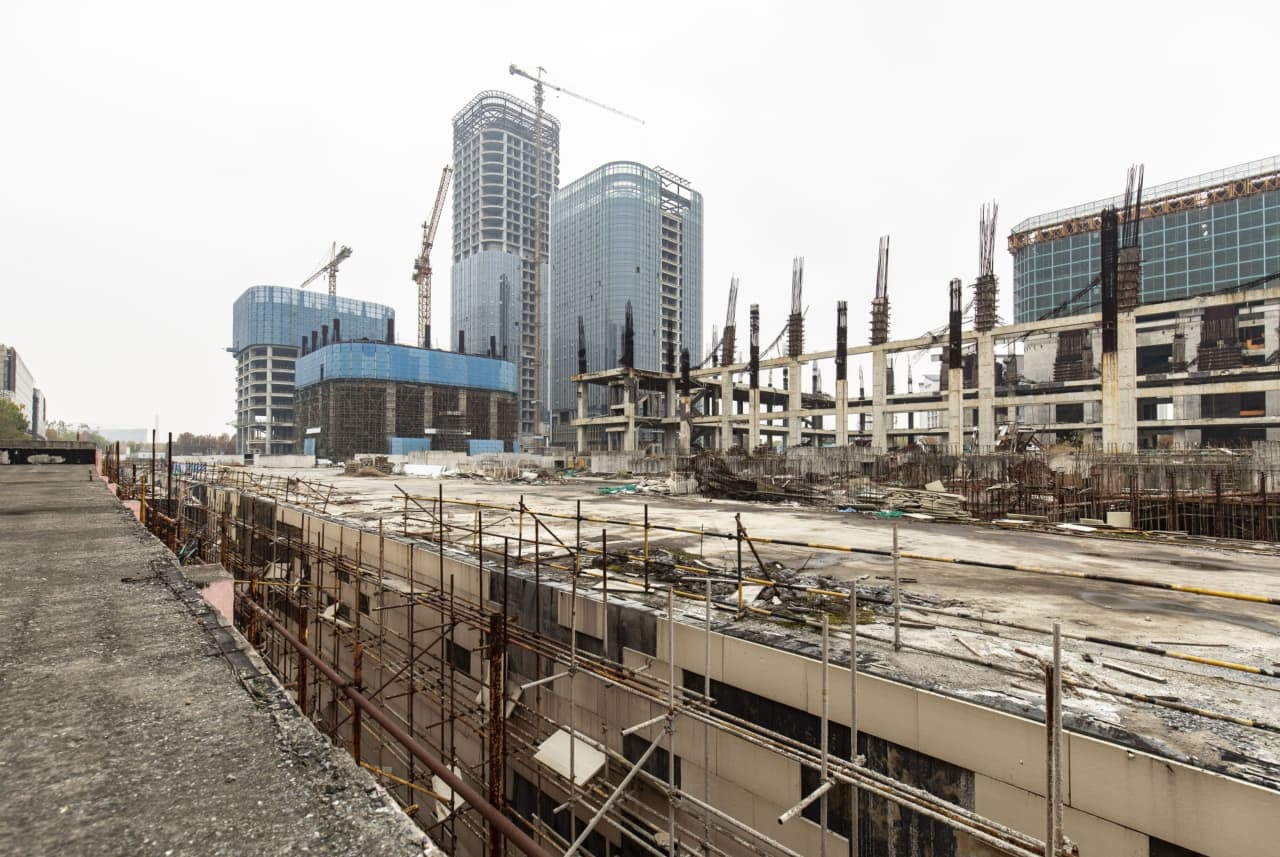CANADA EXTENDS FOREIGN HOME BUYER BAN
The law that forbids non-residents from acquiring homes in most areas has affected the luxury end of urban markets, experts say.
Canada’s government has extended through the end of 2026 a controversial ban on foreign home buyers that took effect last January after years of debate.
“For years, foreign money has been coming into Canada to buy up residential real estate, increasing housing affordability concerns in cities across the country, and particularly in major urban centres,” Chrystia Freeland, Canada’s deputy prime minister and minister of finance, said in a news release yesterday. “Foreign ownership has also fuelled worries about Canadians being priced out of housing markets in cities and towns across the country.”
The Prohibition on the Purchase of Residential Property by Non-Canadians Act forbids non-citizens from buying residential property in most urban areas, though it includes a long list of exceptions. Property in many rural and “recreational” regions is exempt; most students, refugees, permanent residents, spouses of Canadian citizens, and some temporary workers in Canada may still buy homes.
While the government says the ban will help ease Canada’s severe housing crunch, critics in the real estate industry counter that the prohibition is misguided―and ineffective.
“The newly announced two-year extension is completely unnecessary, considering the fact there is no analysis, evidence or data from Statistics Canada, CMHC [Canada Mortgage and Housing Corporation] or Finance Canada, to support the government’s intended impact on housing affordability in Canada,” said Janice Myers, CEO of the Canadian Real Estate Association (CREA), in a statement Monday. “If the government decides to move forward with this baseless extension, CREA urges them to consider recommendations including exempting pre-construction financing, defining and exempting recreational property, including CUSMA [Canada-United States-Mexico Agreement] exemptions, and giving provinces input to tailor to their housing market requirements,” she added.
Don Kottick, the president and CEO of Sotheby’s International Realty Canada, agreed.
“Canada’s housing market has been driven almost entirely by the housing needs and demands of locals, as well as by population gains due to in-migration of Canadians from other cities, and through immigration,” he told Mansion Global in an email. “The extension of the foreign buyers ban will continue to have little or no impact on housing affordability and housing prices. This policy has only confused and frustrated those from other countries with crucial skills, talent and capital that Canada has been striving to attract and retain.”
The ban has also chilled luxury home sales in key markets like Toronto, said Maureen O’Neill, manager of Sotheby’s International Realty Canada in Toronto. “People who want to sell houses for more than C$5 million [US$3.92 million] can no longer rely on the buyers they used to count on globally,” she said. “It’s another extra burden on selling a house.”
That burden may soon get even heavier; Toronto’s mayor last week endorsed a 10% tax on foreign home buyers in that city, Canada’s largest. The province of Ontario already imposes its own 25% “non-resident speculation tax” on foreign buyers.
Though Canadian data on non-resident buyers is limited, the CBC last year reported that in British Columbia―one of the nation’s hottest housing markets―only about 1.1% of transactions in 2021 involved a foreign buyer, a drop of 3% in 2017. At the time, Ontario’s government told the CBC it had seen “a downward trend” in foreigners buying property since it began taxing non-resident purchases in 2017.
 Copyright 2020, Dow Jones & Company, Inc. All Rights Reserved Worldwide. LEARN MORE
Copyright 2020, Dow Jones & Company, Inc. All Rights Reserved Worldwide. LEARN MORE
Chris Dixon, a partner who led the charge, says he has a ‘very long-term horizon’
Americans now think they need at least $1.25 million for retirement, a 20% increase from a year ago, according to a survey by Northwestern Mutual
Villa prices saw particularly strong growth, with capital values increasing by 33.4 percent year-on-year
Dubai’s real estate market showed strong performance in the second quarter of 2024, with notable increases across the residential, office, and retail sectors, according to a new ValuStrat real estate report for Q2 2024.
Villa prices experienced particularly strong growth, with capital values rising by 33.4 percent year-on-year.
Haider Tuaima, Director and Head of Real Estate Research at ValuStrat said: “The Dubai real estate market has shown impressive growth and resilience in recent months. The ValuStrat Price Index for Residential Capital Values increased by 6.4 percent quarterly and 28.2 percent annually, reaching 178.2 points.
“Despite severe flooding caused by record rainfalls in April, the quick and effective response from developers and authorities helped to control the damage, ensuring that market activity and property valuations remained robust in the subsequent months.”
The office sector also performed well, with the VPI for office capital values surging by 31.7 percent annually and 9.4 percent quarterly, reaching 212.5 points—the highest quarterly increase in a decade.
In the retail sector, Emaar Properties reported 98 percent occupancy in their prime mall assets, while overall mall occupancy stood at 96 percent during the first quarter of 2024. The hospitality sector also saw growth, with total international guests reaching 8.12 million as of May 2024, a 9.9 percent increase compared to the same period last year. Hotel occupancy reached 81 percent, rising by 1.4 percent year-on-year.
Despite these positive indicators, Tuaima added, “The decline in transaction volumes calls for a closer examination of market dynamics as stakeholders navigate this evolving landscape.”
Chris Dixon, a partner who led the charge, says he has a ‘very long-term horizon’
Americans now think they need at least $1.25 million for retirement, a 20% increase from a year ago, according to a survey by Northwestern Mutual





















